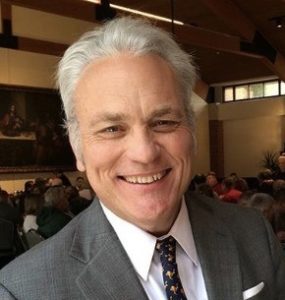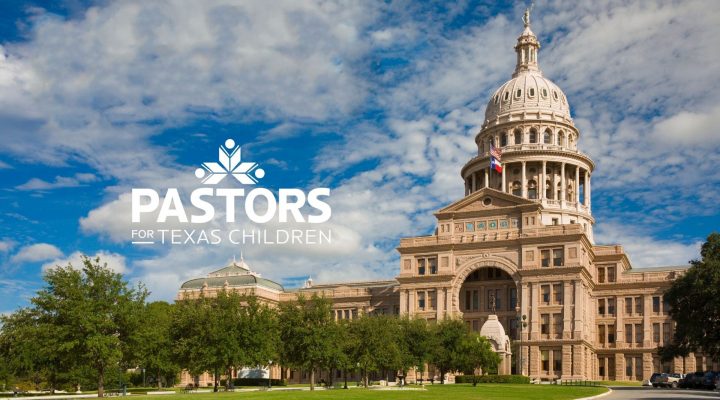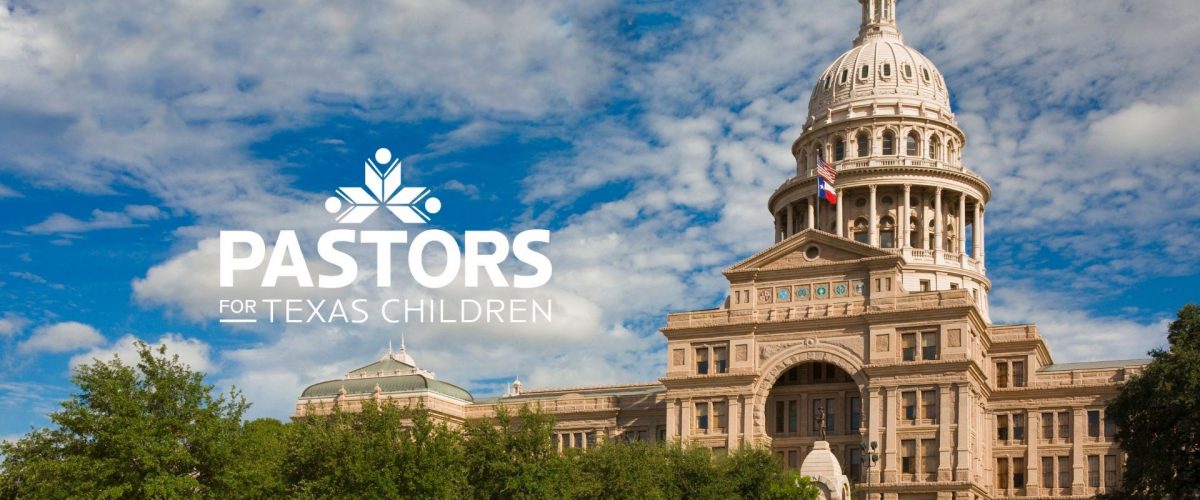As the governor and top lawmakers in Texas make a fresh push to divert public education money to private schools, a group of faith leaders is advocating against the move, based on their religious beliefs.
Texas Gov. Greg Abbott, who advocated for school vouchers on the campaign trail last year, announced school choice is among seven emergency items he wants lawmakers to vote on in the early days of the legislative session. Lt. Gov. Dan Patrick, in the powerful role of leading the state senate, also named school choice and vouchers among his top priorities.
“Parents … deserve education freedom. Without it, some parents are hindered in helping their child succeed. That must change this year,” Abbott said. “The way to do that is with school choice through state-funded Education Savings Accounts.”
An Education Savings Account would allow a family to receive its school tax allotment and use the money to pay for private education.
Parental rights & public schools
The Texas voucher push comes as many parents are shifting their attitudes about parental rights and public schools post-Covid and as other states also are considering government payments for private schools. A policy favored by former Education Secretary Betsy DeVos, voucher programs exist at some level in 15 states, including Arkansas, Louisiana, Arizona and Oklahoma, where the legislature is considering a significant expansion of the program.
“When kids go to school together, they truly become a part of the community, their parents become a part of the community. The church has a more robust role to play when there’s a robust community that’s based on public schools.”
A group of Texas pastors is joining other public-school supporters to step up advocacy against vouchers this session, even as some religious groups argue in favor of school vouchers to support parochial schools.

Suzii Paynter March
“When kids go to school together, they truly become a part of the community, their parents become a part of the community. The church has a more robust role to play when there’s a robust community that’s based on public schools,” insisted Suzii Paynter March, a board member for Pastors for Texas Children, which advocates for public schools. The group is concerned that vouchers would drain money from the public school system without offering an adequate educational or community replacement.
The voucher policy is part of a broader movement for school choice, with a guiding philosophy that parents must regain control of their children’s education, particularly at a time of deep cultural division that stokes fear children may be exposed to ideas contrary to the family’s values.
Policies to support that parental freedom include allowing families to enroll their kids in any public school in a district, opening magnet schools, allowing charter schools and online schools, and ultimately allowing parents to allocate their education tax dollars to the private schools of their choice.
The guiding principle: Tax money follows the child.
Diverting critical funding
The problem, as Paynter March and other faith leaders see it, is diverting critical funding from public schools to private schools that aren’t accountable for student performance.
A review of Milwaukee’s 30-year-old voucher program showed it didn’t solve the gaps in student success. Reading and math scores aren’t much different between students using vouchers and those who don’t, and overall proficiency rates haven’t improved over the years. Further, according to Alan Borsuk, a Marquette Law School researcher who studied the program, vouchers hurt public schools by leaving behind a disproportionate number of children with special needs and chronic behavioral problems.
Borsuk’s research also found voucher money strongly supports religious education. That presents another issue of debate among faith groups. Some Christian groups, particularly Catholic and evangelical private schools, support public funding for their religious education. But other faith groups see an unhealthy meddling of government in religion.
“We just don’t believe public money ought to be used to advance religious private schools … We don’t think that’s the government’s role.”
“We just don’t believe public money ought to be used to advance religious private schools … We don’t think that’s the government’s role,” insisted Charles Johnson, executive director of Pastors for Texas Children. “Do you really want the government barging into your private assembly? No, that’s the reason the private school was started in the first place.”
What about regulation?
It’s not clear how much government regulation would follow the vouchers. Should private schools be accountable to taxpayers for meeting certain educational standards or outcomes? Would private schools have to administer standardized tests required of public schools? Must they offer specific services and adopt certain curriculum?

Charles Foster Johnson
The pastors group is making a more intense effort to influence lawmakers in Austin this session. In the past, the group organized members to descend on the Texas capital for a few days to meet lawmakers or testify before committees. This year, the group will host pastor members in the Capitol each day of the session to meet with their local representatives and show a consistent presence in the building, Johnson said.
It’s difficult to assess how vulnerable public schools are in Texas, as the governor and other state leaders have expressed support for boosting public school funding with higher teacher salaries. And some key committees are led by members who are more moderate on school choice issues.
Still, the parent rights movement has intensified since the last legislative session. Covid-related masking requirements left many parents feeling a loss of control over their kids. In the past couple of years, parental passion has focused on curriculum and books perceived as progressive or inappropriate. School districts across the state have brokered fights among parent groups about classroom assignments and library materials, with some districts firing teachers and banning certain topics and books.
“We’re in this season that is hostile to the public good,” Johnson said. “We don’t have an understanding of public virtue. It is a severe threat to our democracy, this hyper individualistic libertarianism that basically concludes I’m going to take care of me and nobody else, and it’s God’s will.”
Elizabeth Souder-Philyaw is a freelance writer based in Dallas. She most recently worked as an editor with the Dallas Morning News.
Related articles:
Private school vouchers as civil rights? Baloney!
Supreme Court opens new chapter of state funding for religious schools


